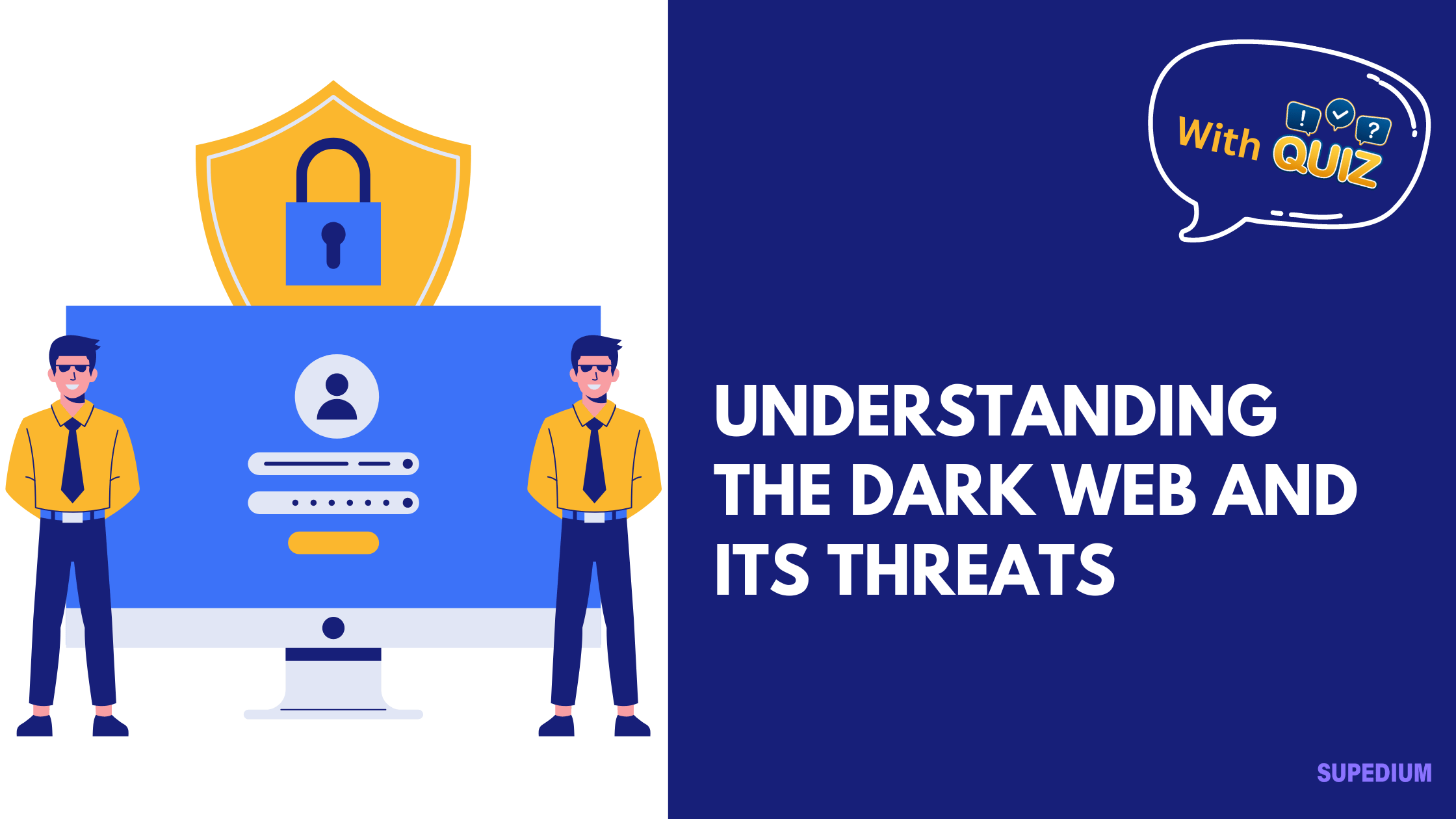Table of Contents
- 1 I. Introduction
- 2 II. Background on Cryptocurrency
- 3 III. Understanding Terrorism Financing
- 4 IV. The Use of Cryptocurrency in Terrorism Financing
- 5 V. Regulatory Responses to Cryptocurrency and Terrorism Financing
- 6 VI. Law Enforcement and Preventive Measures
- 7 VII. Ethical and Social Implications
- 8 VIII. Future Trends and Considerations
- 9 IX. Conclusion
![]()
I. Introduction
Cryptocurrency has emerged as a significant financial innovation, transforming how people conduct transactions globally. However, its features, such as anonymity and decentralization, have raised concerns regarding its potential misuse, particularly in terrorism financing. This article explores the relationship between cryptocurrency and terrorism financing, highlighting the mechanisms involved, regulatory responses, and implications for law enforcement and society.
II. Background on Cryptocurrency
A. What is Cryptocurrency?
Cryptocurrency is a digital or virtual currency that uses cryptography for security. The most well-known cryptocurrency is Bitcoin, but there are thousands of others, including Ethereum, Ripple, and Litecoin. These currencies operate on blockchain technology, a decentralized ledger that records all transactions across a network of computers.
B. Advantages of Cryptocurrency
Cryptocurrencies offer several advantages:
- Anonymity and Pseudonymity: Users can conduct transactions without revealing their identity, making it difficult to trace funds.
- Decentralization: Unlike traditional currencies, cryptocurrencies are not controlled by any central authority, reducing the risk of government interference.
- Global Accessibility: Cryptocurrencies can be accessed and used by anyone with an internet connection, facilitating transactions across borders.
C. Challenges and Risks
Despite their benefits, cryptocurrencies face challenges:
- Volatility: The value of cryptocurrencies can fluctuate wildly, posing risks for users.
- Regulatory Landscape: The evolving regulatory environment can create uncertainty for investors and users.
III. Understanding Terrorism Financing
A. Definition and Purpose of Terrorism Financing
Terrorism financing involves providing funds for terrorist activities, including planning, recruiting, and executing attacks. It is crucial to distinguish between terrorism financing and money laundering, as the former directly supports terrorist operations.
B. Sources of Terrorist Funding
Terrorist organizations obtain funding from various sources:
- Donations and Crowdfunding: Charitable contributions, often disguised as legitimate, can be diverted to support terrorist activities.
- Illicit Activities: Many groups engage in criminal enterprises, such as drug trafficking and human trafficking, to generate revenue.
C. Methods of Transferring Funds
Terrorists employ various methods to transfer funds:
- Traditional Banking Systems: Although heavily regulated, some organizations exploit vulnerabilities in the banking system.
- Informal Value Transfer Systems (Hawala): This ancient method allows for money transfer without formal banking channels, providing anonymity.
IV. The Use of Cryptocurrency in Terrorism Financing
A. Case Studies of Cryptocurrency Used in Terrorist Activities
Several terrorist organizations have utilized cryptocurrency for fundraising. For example, ISIS has solicited donations in Bitcoin, leveraging social media platforms to reach potential donors. Other extremist groups have similarly turned to cryptocurrency to facilitate their operations.
B. How Cryptocurrencies Facilitate Terrorism Financing
Cryptocurrencies present unique advantages for terrorism financing:
- Anonymity and Ease of Use: The pseudonymous nature of transactions makes it difficult to trace the source and destination of funds.
- Cross-Border Transactions: Cryptocurrencies can be transferred globally without the need for currency conversion, making it easier to move funds across jurisdictions.
- Avoidance of Traditional Financial Systems: By using cryptocurrencies, terrorist organizations can circumvent banks and financial institutions, reducing scrutiny.
V. Regulatory Responses to Cryptocurrency and Terrorism Financing
A. International Regulations and Initiatives
The international community has recognized the need for regulation to combat terrorism financing in the context of cryptocurrency. Initiatives include:
- FATF Guidelines: The Financial Action Task Force (FATF) has established guidelines for countries to regulate cryptocurrencies and ensure that they do not facilitate money laundering or terrorism financing.
- UN Resolutions: The United Nations has adopted resolutions that call for member states to take measures against terrorism financing, including monitoring cryptocurrency transactions.
B. National Regulatory Frameworks
Countries have begun implementing their own regulatory frameworks:
- United States: Agencies like the Financial Crimes Enforcement Network (FinCEN) and the Securities and Exchange Commission (SEC) have issued guidelines to regulate cryptocurrency transactions and prevent illicit activities.
- European Union: The EU’s 5th Anti-Money Laundering Directive extends existing anti-money laundering regulations to cover cryptocurrency exchanges.
C. Challenges in Regulation
Regulating cryptocurrency poses several challenges:
- Rapidly Evolving Technology: The pace of technological advancement can outstrip regulatory efforts, making it difficult to keep up.
- Balancing Regulation with Innovation: Policymakers must find a balance between ensuring security and fostering innovation in the cryptocurrency space.
VI. Law Enforcement and Preventive Measures
A. Tools and Techniques Used by Law Enforcement
Law enforcement agencies are developing tools to combat the misuse of cryptocurrencies:
- Blockchain Analysis: Agencies use blockchain analysis tools to trace transactions and identify suspicious activities.
- Collaboration with Cryptocurrency Exchanges: Partnerships with exchanges enable law enforcement to monitor transactions and freeze accounts involved in illegal activities.
B. Role of the Private Sector in Countering Terrorism Financing
The private sector plays a crucial role in combating terrorism financing:
- Compliance Programs: Cryptocurrency exchanges and companies are implementing compliance programs to monitor for suspicious transactions.
- Developing Anti-Fraud Technologies: Innovations in technology can help detect and prevent fraudulent activities in the cryptocurrency space.
VII. Ethical and Social Implications
A. Impact of Regulation on Legitimate Cryptocurrency Users
While regulation is necessary to combat terrorism financing, it can also impact legitimate users of cryptocurrency. Stricter regulations may deter innovation and limit access for individuals who rely on cryptocurrencies for legitimate purposes.
B. Public Perception and the Stigma of Cryptocurrencies
The association of cryptocurrencies with illegal activities has led to a stigma that can affect public perception. This can hinder the broader acceptance and adoption of cryptocurrencies as a legitimate form of currency.
C. Balancing Security and Privacy Rights
Regulatory measures must strike a balance between ensuring security and respecting individuals’ privacy rights. Overly stringent regulations may infringe upon personal freedoms and discourage legitimate use.
VIII. Future Trends and Considerations
A. Emerging Technologies
As the cryptocurrency landscape evolves, new technologies like decentralized finance (DeFi) and non-fungible tokens (NFTs) may present new challenges and opportunities for terrorism financing.
B. Evolving Tactics of Terrorist Organizations
Terrorist organizations are likely to adapt their tactics in response to regulatory measures, necessitating ongoing vigilance and innovation from law enforcement and regulators.
C. Importance of International Cooperation
Addressing the issue of terrorism financing requires robust international cooperation. Countries must work together to share information and best practices to effectively combat this threat.
IX. Conclusion
The intersection of cryptocurrency and terrorism financing presents significant challenges and concerns. While cryptocurrencies offer innovative solutions for transactions, their potential misuse necessitates a comprehensive approach to regulation and enforcement. Ongoing research, international cooperation, and a balanced regulatory framework are essential to mitigate risks while fostering innovation in the financial sector. Understanding this complex relationship is crucial for policymakers, law enforcement, and society at large as we navigate the evolving landscape of digital finance.
Share This





Be the first to comment